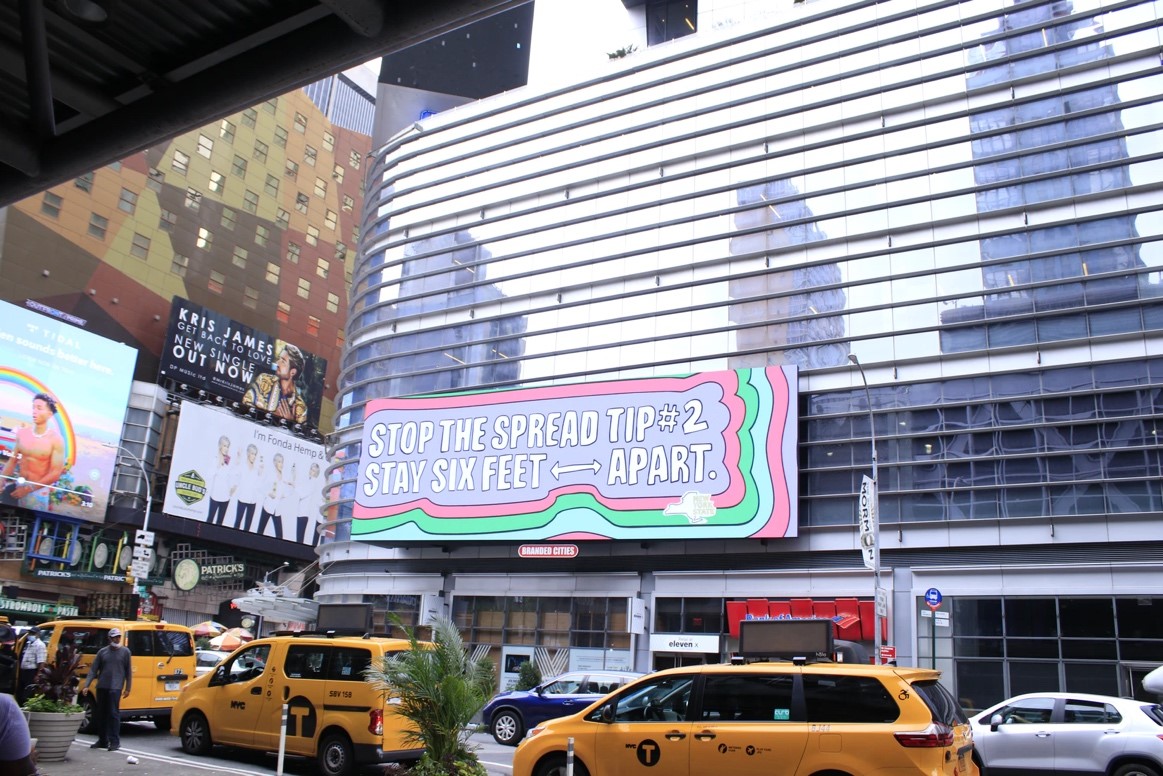
Photo provided courtesy of Unsplash.com
By Elizabeth Fitch, Feature Editor
“Public discussion of ‘herd immunity’ often treats it like an on-off switch,” David Leonhardt, journalist for the New York Times explains.[1] “When the U.S. reaches herd immunity, the crisis will be over. But that’s not right.”[2] Discussion about vaccinations have been treated the same way throughout the past year: “I can’t wait until the vaccine is here so we can get back to normal life.” But as Leonhardt puts it, “herd immunity is more like a light dimmer. The more people develop immunity — either from having been infected or from being vaccinated — the less easily the virus will spread.”[3] The means to achieve this goal seem quite simple: get vaccinated. Reality, however, begs to differ.
We have reached a time in the pandemic where vaccinations are starting to become more readily available to the public. The Pfizer-BioNTech COVID-19 vaccine was approved on December 11, 2020, the Moderna COVID-19 vaccine was approved on December 18, 2020,[4] and the Janssen COVID-19 vaccine was approved on February 27, 2021.[5] And while data has shown these vaccines demonstrate 95% efficacy, there still remains widespread skepticism among citizens about receiving the vaccination when their time comes.[6]
“Recent data from 1676 adults surveyed November 30 to December 8, 2020, found that when a COVID-19 vaccine is approved and widely available: 34% would get it as soon as possible; 39% would wait; 9% would only get it if required for work or school; 15% would definitely not get it.”[7] If vaccine skepticism begins to overpower an already fearful population, we may need to assess the lawful and ethical implications of mandating COVID-19 vaccines.
For some, the word “mandate” may trigger apprehension or distress. This concept, however, has been around for quite some time. Since Jacobson v. Massachusetts was decided in 1905, the judiciary has repeatedly supported vaccination mandates.[8] Jacobson ruled that the enactment of the Massachusetts statute allowing cities to require its citizens to be vaccinated against smallpox was a valid exercise of the state’s police power.[9] It has since been upheld that a state has the authority to enact reasonable laws under its police power to protect the public health and safety of its citizens.[10]
For example, states across the country require childhood vaccines as a condition of school entry.[11] Many health care institutions require health care workers to receive the influenza vaccination to institute infection control protocols.[12] The Equal Employment Opportunity Commission has recently determined that employers can require COVID-19 vaccines and bar employees from the workforce if they refuse.[13] Furthermore, primary, secondary, and postsecondary schools could require students to receive a COVID-19 vaccination, as high vaccine coverage is needed to safely return to in-person learning.[14]
But as public health experts point out, “mandates can undermine public support, creating a backlash and even reducing vaccine uptake. … The purpose of risk communication is to inform decision-making, respecting individual choice. Mandates fundamentally alter this dynamic by overriding personal autonomy.”[15]
To improve voluntary uptake, numerous proposals have been suggested including paying cash incentives.[16] Two payment-for-vaccination proposals have earned awareness from academics and politicians nationally.[17]
First, “Robert Litan, a nonresident senior fellow at the Brookings Institution who served in the Clinton administration, has advanced the most robust plan by suggesting paying people $1000 for vaccination. …To ensure that enough people are vaccinated, Litan suggests paying $200 initially when the individual accepts vaccination while conditioning payment of the remaining $800 on reaching a national vaccine uptake threshold.”[18]
Second, “John Delaney, a former congressman from Maryland and 2020 Democratic presidential candidate, has suggested paying every individual in the US who provides proof of vaccination $1500 via check or direct deposit. If every adult took advantage of this program, the estimated cost would be approximately $383 billion. Delaney contends that his plan is ‘worth the cost’ because it would save lives, provide ‘relief to struggling Americans [and]…accelerate the reopening of the economy.’”[19]
These policies, however, create potential legal and numerous ethical problems. Doctors emphasize that people have a moral duty to be vaccinated; offering a $1,000 incentive cheats that moral significance.[20] Paying such a large sum of money is not a prudent investment; many consider it a waste to pay the citizens who are already highly motivated to receive the vaccine.[21] There may be citizens who feel as though a monetary incentive is coercive or unfairly taking advantage of individuals who have lost jobs or experienced food and housing insecurity as a result of the pandemic.[22] Finally, it is not guaranteed that offering this kind of incentive will overcome concerns such as the fast-paced development of the vaccine, politicization of these issues, or denial that the pandemic is even real.[23]
Many public health professionals feel that paying people for COVID-19 vaccinations should only be implemented as a last resort if voluntary herd immunity is not reached in a reasonable period of time.[24] As normalcy is contingent upon individuals getting vaccinated, the upcoming months will be crucial in determining the trajectory of this pandemic.[25]
[1] https://messaging-customnewsletters.nytimes.com/template/oakv2?abVariantId=1&campaign_
id=9&emc=edit_nn_20210310&instance_id=27942&nl=the-morning&productCode=NN®i_
id=99336438&segment_id=53203&te=1&uri=nyt%3A%2F%2Fnewsletter%2F1ef959bc-a7c0-
5370-bf5e-d5d1f558f4cf&user_id=5988f9a10e4e9307d142e00891c323d7
[2] Id.
[3] Id.
[4] https://www.unidosus.org/issues/health/articles/coronavirus-covid-19-vaccine-eng?gclid=Cj0KCQiA1pyCBhCtARIsAHaY_5emmsgKh2P8614QRxItm4ffRspWaegIx03U_91t3cVMrTZCF4lTv1saAgC0EALw_wcB
[5] https://www.jnj.com/johnson-johnson-covid-19-vaccine-authorized-by-u-s-fda-for-emergency-usefirst-single-shot-vaccine-in-fight-against-global-pandemic
[6] https://jamanetwork.com/journals/jama/fullarticle/2774712?resultClick=1
[7] Id.
[8] Id.
[9] Jacobson v. Massachusetts, 197 U.S. 11, 25 S. Ct. 358 (1905)
[10] Id.
[11] https://jamanetwork.com/journals/jama/fullarticle/2774712?resultClick=1
[12] Id.
[13] Id.
[14] Id.
[15] Id.
[16] https://jamanetwork.com/journals/jama/fullarticle/2775005?resultClick=1
[17] Id.
[18] Id.
[19] Id.
[20] Id.
[21] Id.
[22] Id.
[23] Id.
[24] Id.
[25] https://www.cnbc.com/2021/03/12/icu-doctor-covid-vaccine-skepticism-will-prevent-us-from-normalcy.html